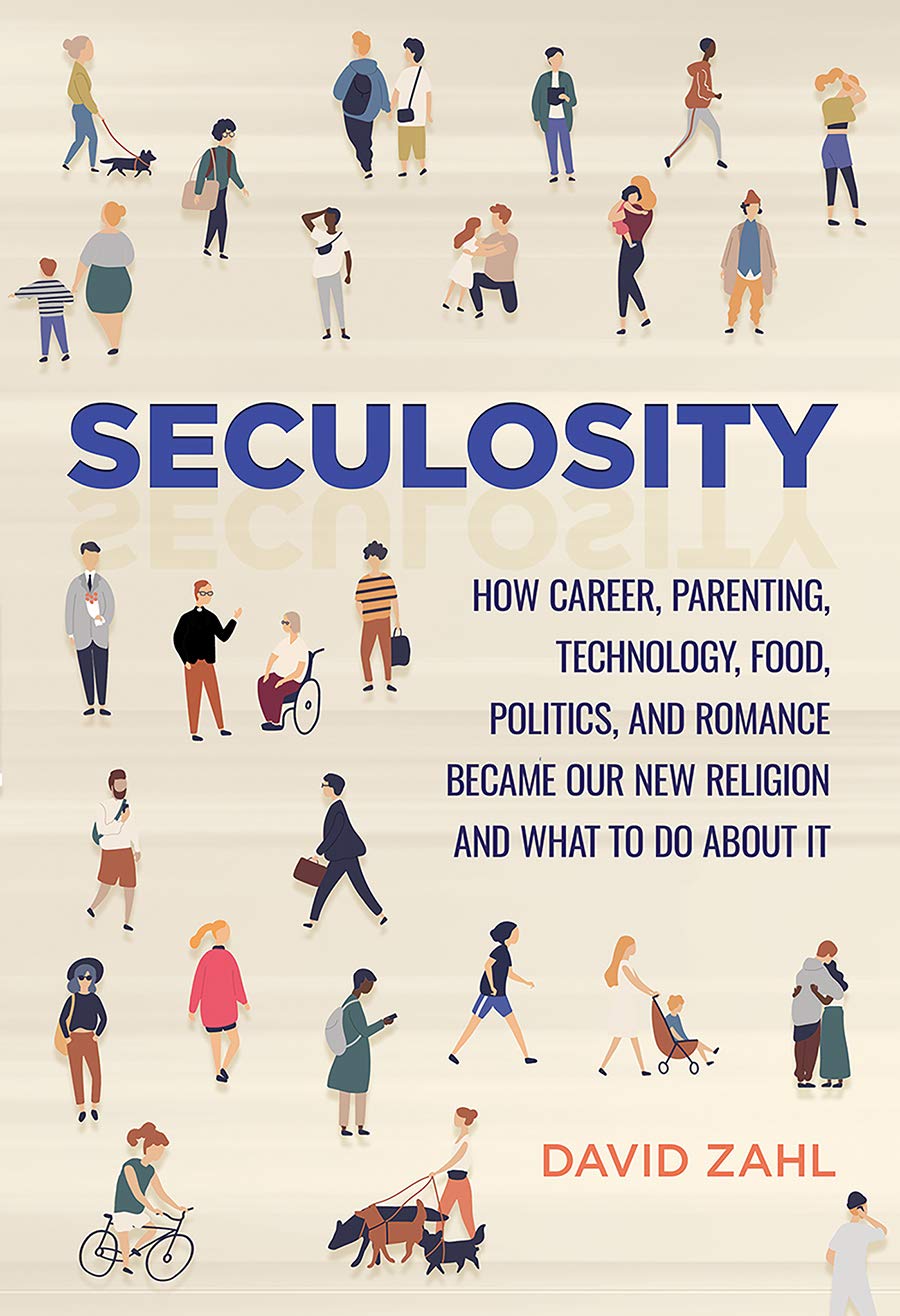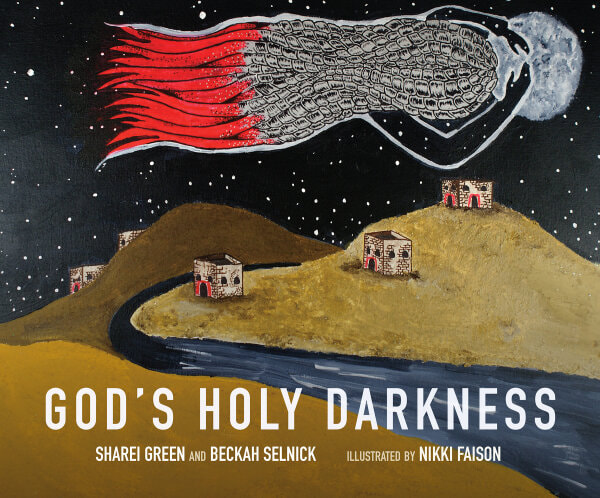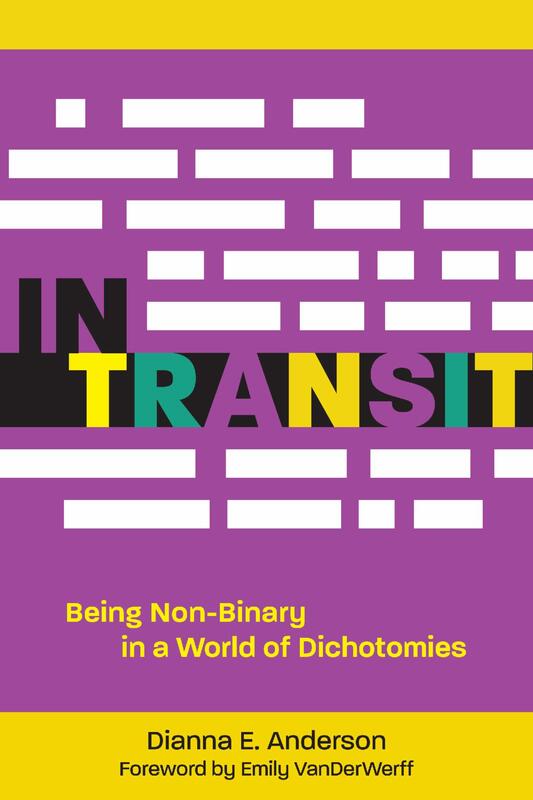 Face to Face: Martin Luther's View of Reality by Robert Kolb is an insightful and scholarly examination of Martin Luther's theological perspectives and how they shape his understanding of reality. Kolb, a renowned Reformation historian and theologian, brings his extensive expertise to bear in this comprehensive exploration of Luther's thought. Kolb's book delves deeply into Luther's views on reality, centering on the reformer's conviction that true understanding comes from a direct and personal encounter with God. This encounter is not abstract but deeply rooted in the lived experiences of faith, sin, and grace. Kolb meticulously unpacks Luther's theology, emphasizing the centrality of the cross and the profound implications of justification by faith. The book is structured to guide readers through key aspects of Luther's thought, beginning with his break from medieval scholasticism and his emphasis on a theology grounded in scripture and personal experience. Kolb provides a clear and engaging account of how Luther's theological insights were revolutionary in their time and continue to be relevant today. One of the strengths of Kolb's work is his ability to make complex theological concepts accessible without oversimplifying them. He explores Luther's ideas on the nature of God, humanity, and the world, highlighting the reformer's belief in the hiddenness of God and the paradoxes of Christian faith. Kolb's analysis is both thorough and nuanced, offering readers a comprehensive understanding of Luther's worldview. Kolb's discussion of Luther's anthropology is particularly compelling. He delves into Luther's views on human nature, sin, and the necessity of divine grace. Kolb explains how Luther saw humans as fundamentally flawed and entirely dependent on God's mercy. This perspective is central to Luther's reality, shaping his understanding of human existence and the need for a savior. The book also addresses Luther's sacramental theology, especially his views on the Eucharist. Kolb explains how Luther's belief in the real presence of Christ in the sacraments reflects his view of reality as sacramental and participatory. This aspect of Luther's thought underscores the tangible and incarnational nature of his theology. Kolb's writing is scholarly yet approachable, making Face to Face suitable for both academics and lay readers interested in Reformation theology. The book is well-researched, with extensive references to Luther's own writings and the works of other scholars. This thoroughness adds depth and credibility to Kolb's analysis. In conclusion, Face to Face is an enlightening and authoritative exploration of Luther's theological vision. Kolb's insightful analysis and clear presentation make this book a valuable resource for anyone seeking to understand Martin Luther's profound impact on Christian thought and his enduring relevance in contemporary theology. Whether you are a scholar, student, or interested layperson, this book provides a rich and rewarding journey into the heart of Luther's view of reality.  #InTheBeginningThereWasJoy #InTheBeginningThereWasJoy In the Beginning There Was Joy: A Cosmic Celebration for Kids of All Ages" is a delightful and uplifting book that invites readers of all ages into a vibrant and joyous journey through the origins of the universe. This book is a refreshing take on the creation story, presenting it in a way that is accessible, engaging, and filled with wonder. From the very first page, readers are drawn into a world where joy is the fundamental essence of existence. The narrative is infused with a sense of celebration, making it a perfect read for children and adults alike. The language is simple yet poetic, capturing the awe and magnificence of the cosmos in a way that resonates with young minds and rekindles a sense of wonder in older readers. The illustrations in the book are nothing short of spectacular. Each page is a burst of color and creativity, perfectly complementing the text and enhancing the overall experience. The artwork not only captivates the eye but also helps to convey the themes of joy and interconnectedness that are central to the book. One of the standout features of "In the Beginning There Was Joy" is its ability to weave together science and spirituality in a harmonious and celebratory manner. It presents the wonders of the universe in a way that is scientifically accurate while also emphasizing the beauty and joy of creation. This balance makes the book an excellent resource for parents and educators who wish to introduce children to the marvels of the cosmos without losing the sense of enchantment. Moreover, the book carries a message of unity and interconnectedness. It beautifully illustrates how every part of the universe, from the tiniest particle to the grandest galaxy, is part of a larger, joyful whole. This message is particularly important for young readers, fostering a sense of respect and appreciation for the world around them. In conclusion, "In the Beginning There Was Joy: A Cosmic Celebration for Kids of All Ages" is a heartwarming and inspiring book that deserves a place on every child's bookshelf. Its blend of captivating illustrations, lyrical prose, and profound themes make it a timeless treasure that readers will return to again and again. Whether you are looking to instill a sense of wonder in a child or rediscover it for yourself, this book is a joyous celebration of the beauty and interconnectedness of the universe. This title is currently not included in the KRC's Collection. James McBride's The Heaven and Earth Grocery Store delves deep into the nuances of community, faith, and fortitude. Through a masterful interlacing of multifaceted characters, McBride draws striking parallels between the aisles of a local grocery store and the intricate web of human relationships. The narrative delves into the intertwined journeys of its characters, shedding light on their shared trials and triumphs, rendering it a captivating option for congregations in search of narratives that resonate with the core of human existence. McBride's eloquent prose elegantly captures the essence of community, making this novel a compelling and spiritually enriching selection for contemplation and discourse. The KRC's collection does not currently include this book.
Embracing the Sacred in Shades of Black: Celebrating God’s Holy Darkness During Black History Month2/7/2024
As February unfolds its pages of frost into blooms of introspection and celebration, we embrace Black History Month with reverence and joy. It's a poignant time to reflect on the rich tapestry of history woven by African American individuals and to honor the impactful contributions of African-descent ministries within the ELCA. In the spirit of this special month, I will share weekly resources to celebrate the vibrant voices, resilient spirits, and deep faith that African descent authors and ministry leaders bring to our church and society. God’s Holy Darkness is a children's book that emerges as a spiritual and visual odyssey, rebuffing the traditional dark/light dichotomy pervasive in religious teachings. The book is an artistic and theological collaboration between writer and podcaster Beckah Selnick, Master of Divinity candidate Sharei Green, and illustrator and ELCA African Descent Ministries program director Nicolette Peñaranda. Through its pages, the book seeks to redefine darkness, framing it as a symbol of beauty, creativity, power, and boldness. Rather than casting darkness in a negative light, God's Holy Darkness celebrates the divine works accomplished during the nights of biblical history. Selnick, Green, and Peñaranda have collectively infused the narrative with a sense of partnership, inclusion, and cultural richness. Beckah Selnick initiated this project inspired by her mother, Presiding Bishop Elizabeth Eaton’s reflections, and with a keen awareness of her role as an ally in telling this story. She partnered with Sharei Green to ensure the narrative was shaped authentically, echoing a voice that had long been absent from public conversations around race and faith. Illustrator Nicolette Peñaranda envisioned a God with feminine, robust, and majestic qualities – a God with "hips wide enough to birth the universe" and "hair that flows through the night sky", challenging the conventional representations of the divine being. The narratives chosen for God's Holy Darkness feature familiar biblical tales, intended to guide readers towards a renewed understanding of Scripture, where darkness has always been an evident and potent presence. The stories are not obscure but are major scriptural milestones that naturally draw attention to God’s presence in the darkness, inviting a broader interpretation of these well-known events.
For Lutherans and broader readership alike, this book presents an opportunity to transcend the fetters of anti-Black theology and to discover the sacredness inherent in darkness and blackness. It encourages dismantling the simplified binaries that too often govern our spiritual and societal perspectives. Authors of the book hope it will serve as a transformative tool – celebrating the diversity within sacred texts and inviting children, especially those of African descent, to see their blackness as beautiful and divine. The wish is for this book to become a staple in homes and Sunday schools, offering an affirmation of God's love for every hue and a potent counter-narrative to the fear of darkness. God's Holy Darkness is more than just a children's story—it is an invitation to embrace and celebrate the sacredness of darkness. It aims to nurture a generation that finds holiness and goodness in blackness and night, reshaping how we approach the divine and each other in the subtle glow of God's nocturnal wonderland. Saddlebag Preacher: The Story of the Reverend John Stough and the Evangelizing of the Ohio Frontier12/6/2023
 The Reverend Dr. John K.Luoma's new book, Saddlebag Preacher, an illuminating exploration into the life and legacy of the Reverend John Stough, hailed as the Father of Lutheranism in Ohio. This book marks the first comprehensive exploration of Stough's life and ministry, presenting Stough's original autobiography, allowing readers to hear his compelling narrative in "his voice" for the first time. John Stough's remarkable contributions to the expansion of Lutheranism in the Ohio frontier are celebrated in this fitting tribute. He not only established numerous congregations across West Virginia, Pennsylvania, and Ohio but also played a pivotal role in mentoring the early Lutheran pastors of the frontier. Notably, Stough stands as the central figure in the establishment of Ohio's first Lutheran synod. To further enrich the reader's experience, Saddlebag Preacher includes a comprehensive discussion guide. This valuable resource is designed to assist in gaining a deeper understanding of the intricate history of Lutheranism in Ohio. Whether exploring the book individually or as a group, the discussion guide provides insights and prompts that encourage meaningful reflections, fostering a greater appreciation for the legacy of Reverend John Stough. "This book has been dedicated to the descendants of John Stough, the congregation of the former Bethlehem Lutheran Church in Youngstown, Ohio, the people of Northeastern, Northwestern, and Southern Ohio Synods, the ELCA, and all the heirs of the missionary efforts of the Reverend John Stough." As we recognize Transgender Awareness Week, I'm eager to share a resource that envisions a future where authenticity is met with acceptance and love. In Transit: Being Non-Binary in a World of Dichotomies by Dianna E. Anderson provides a thought-provoking exploration of the non-binary experience within a society constrained by rigid gender norms. Through a skillful blend of personal narratives, cultural insights, and intersectional perspectives, the author navigates the complexities of existing beyond the traditional binary framework.
The book not only sheds light on the challenges faced by non-binary individuals but also celebrates the richness and diversity of their identities. By inviting readers to confront preconceptions about gender through a compassionate and informative lens, In Transit contributes significantly to the ongoing dialogue on gender inclusivity. This resource is available to borrow from the KRC plus a discussion guide here to encourage a deeper understanding of the non-binary journey and to foster a more inclusive world.  Seculosity by David Zahl delves deep into our contemporary obsession with productivity, self-improvement, and the pursuit of happiness, skillfully dissecting how our society has replaced traditional religious beliefs with new secular 'religions' centered around work, fitness, and social media As a mother of two toddlers, I found this book surprisingly relatable, speaking to the challenges of navigating modern motherhood amidst societal expectations and the constant pursuit of perfection. Balancing my identity, self-worth, and a fulfilling career in the midst of these pressures often feels overwhelming. Zahl's book provided much-needed solace by shedding light on the shared struggles we face, urging us to acknowledge the external pressures, embrace our imperfections, and seek meaning beyond societal expectations and the curated facade of social media. Through insightful cultural analysis and heartfelt personal anecdotes, Zahl prompts readers to reevaluate their pursuits, encouraging a deeper exploration of the true sources of meaning in our lives with the grace of God. Seculosity becomes not just a critique of societal pressures but a guiding light, leading readers toward a profound understanding of grace, self-acceptance, and the authentic pursuit of fulfillment in our complex, modern lives. How (Not) to Save the World: The Truth About Revealing God’s Love to the People Right Next to You1/25/2023
I recently read How (Not) to Save the World: The Truth About Revealing God’s Love to the People Right Next to You by Hosanna Wong. I was deeply impressed by the powerful message of this book. It was a great reminder that when it comes to making a difference in the world, it often starts with those closest to us.
Wong's writing style is engaging and thought-provoking, and she draws on a variety of personal experiences to illustrate her points. She encourages readers to move outside of their comfort zones and challenge themselves to make a difference in their local communities in tangible ways. She also emphasizes the importance of setting boundaries and taking care of oneself so we can serve others. Overall, I highly recommend this book to anyone looking to make a difference in the world, but who may feel overwhelmed and unsure where to start. Wong provides practical advice and guidance on how to take small steps and make a difference in the lives of those around us. |
SubmitIf you have borrowed a resource and would like to share a review with others, please email [email protected] Archives
July 2024
Categories |
Proudly powered by Weebly





 RSS Feed
RSS Feed